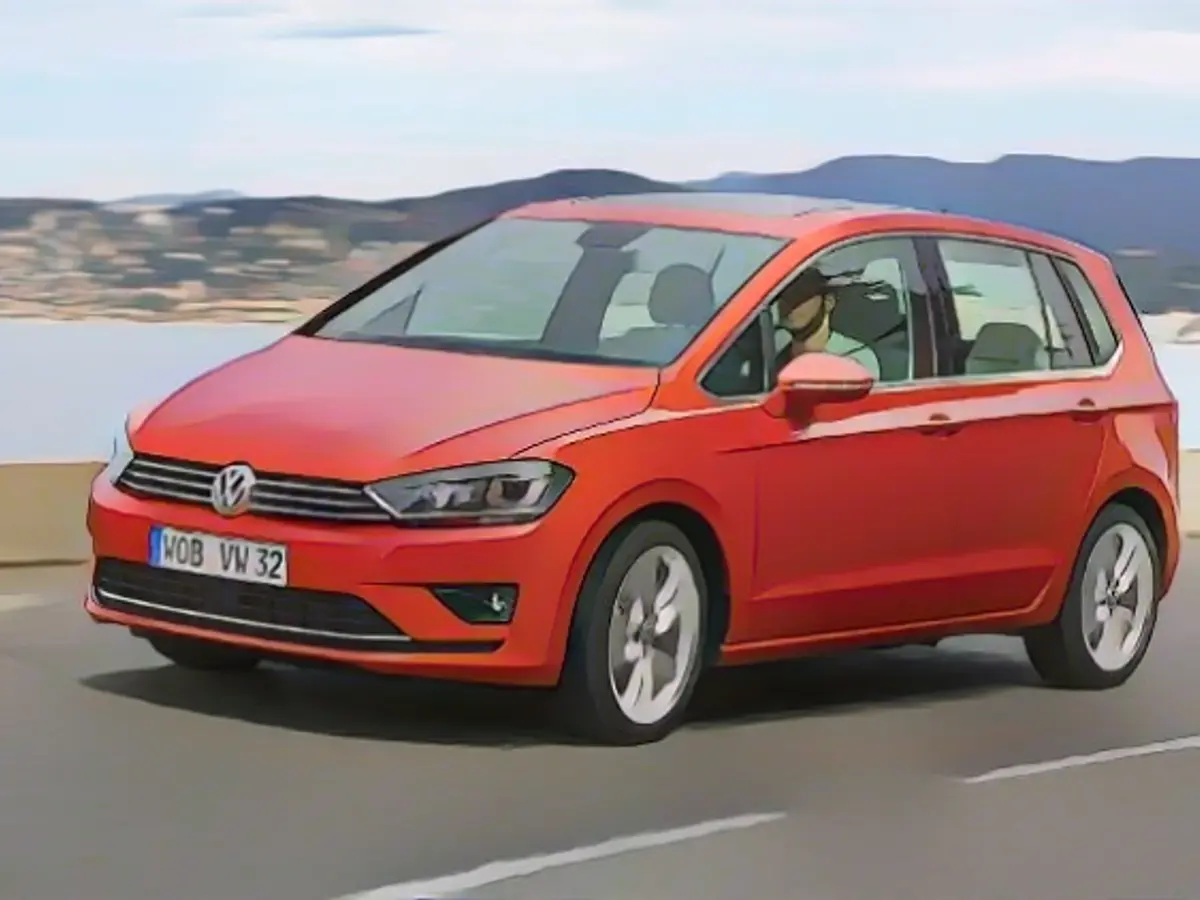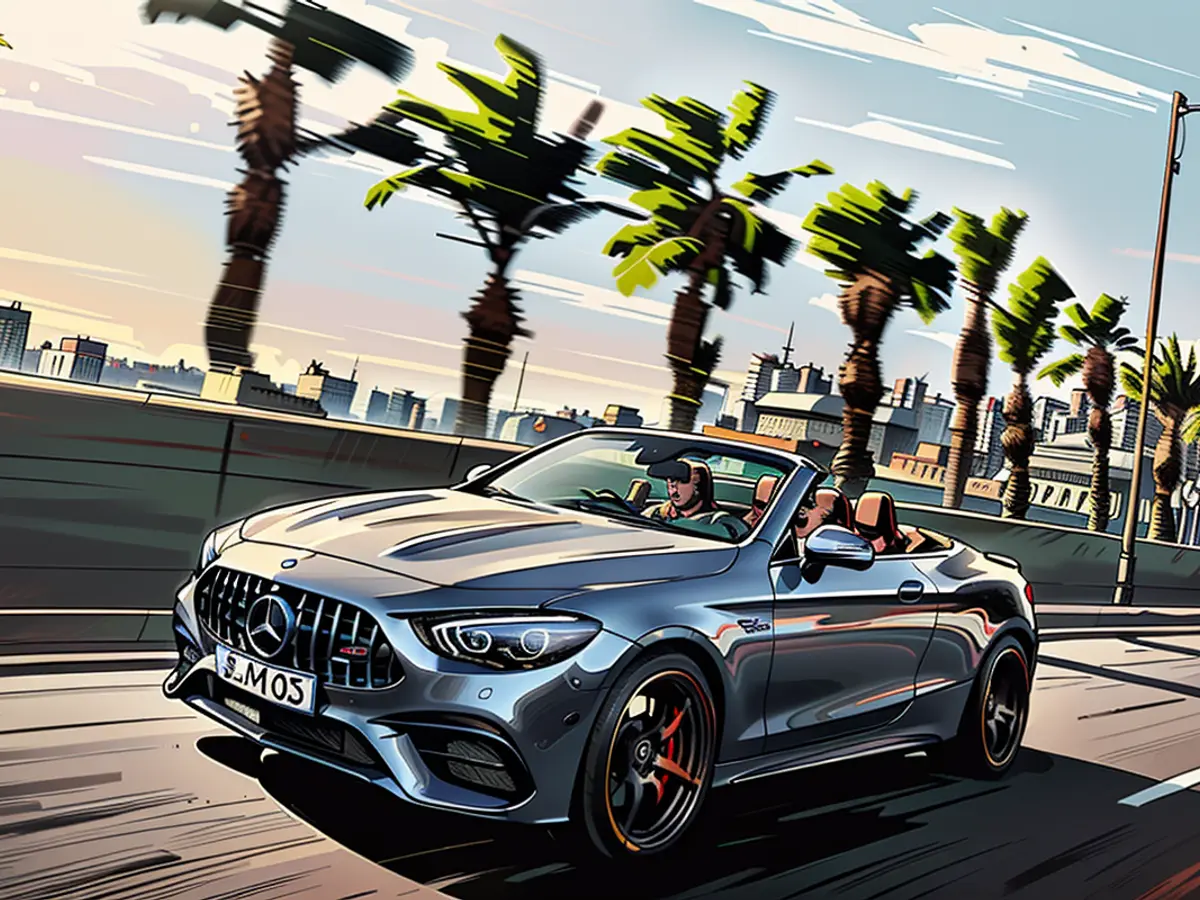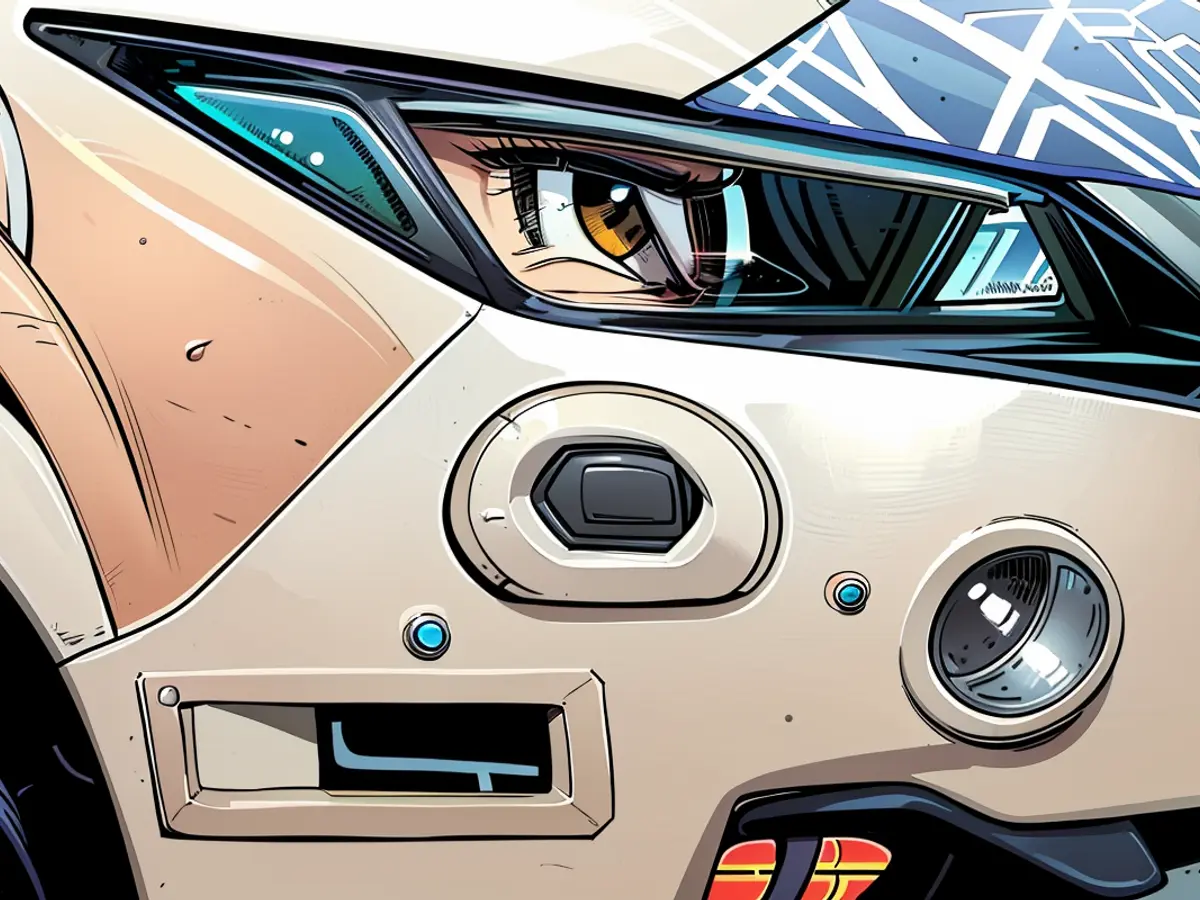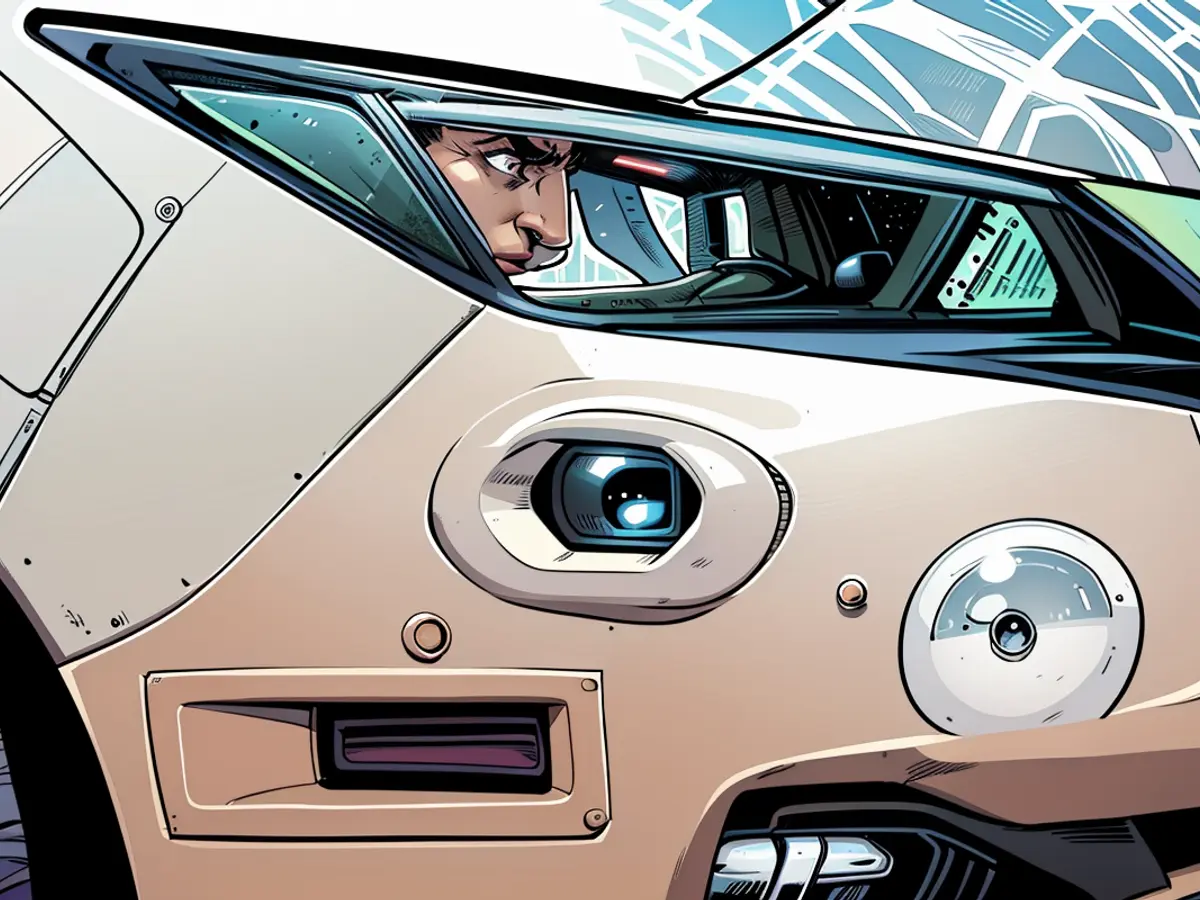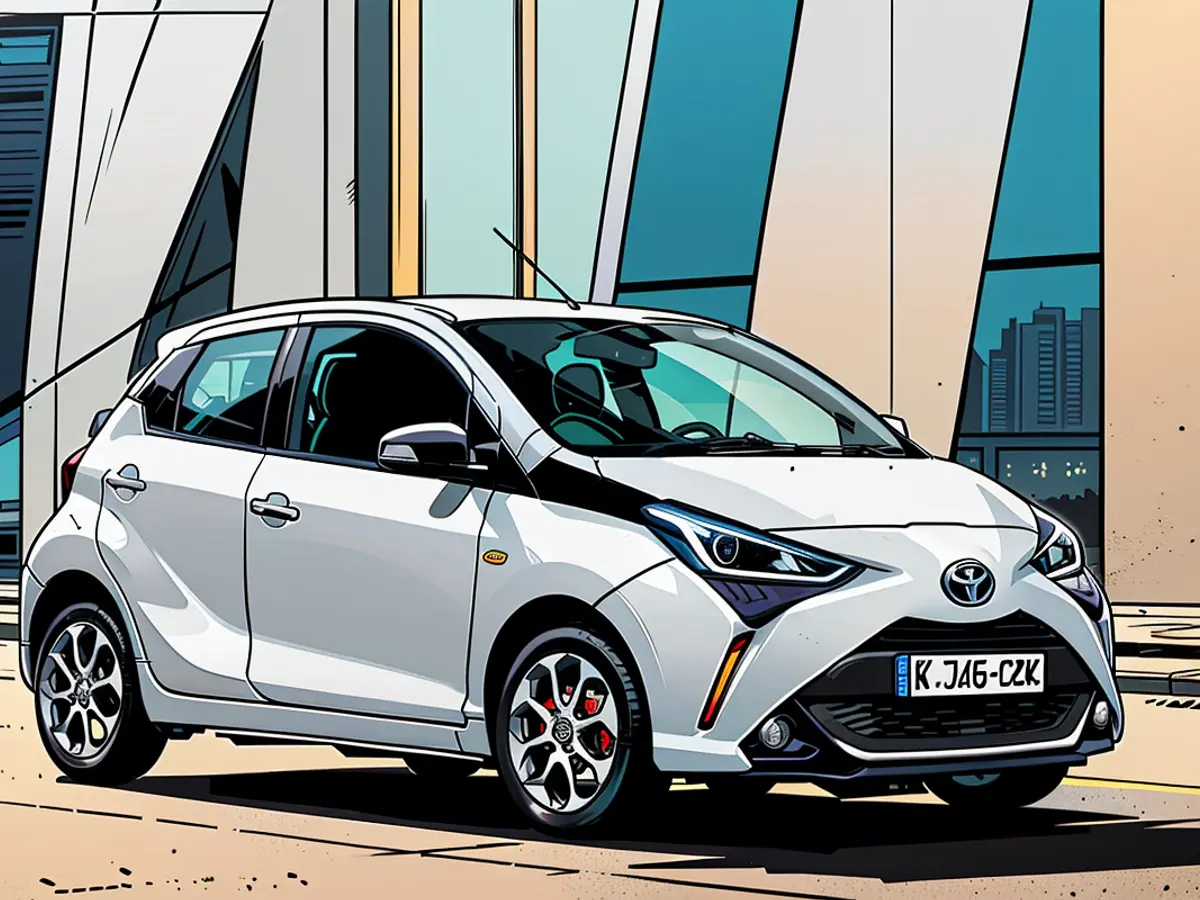The best and worst cars on German roads
Some cars get through the main TÜV inspection very well, others less so. This is nothing new so far - but it is striking that a popular electric model is failing. The new "TÜV Report" also finds that one in five cars fails the main inspection.
The condition of cars on German roads has continued to deteriorate - albeit only slightly. According to the new "TÜV Report 2024", more than one in five cars (20.5 percent) failed their main inspection in the period from June 2022 to June 2023. In absolute figures, this amounted to around 150,000 vehicles. This is an increase of 0.3 percentage points compared to the same period last year.
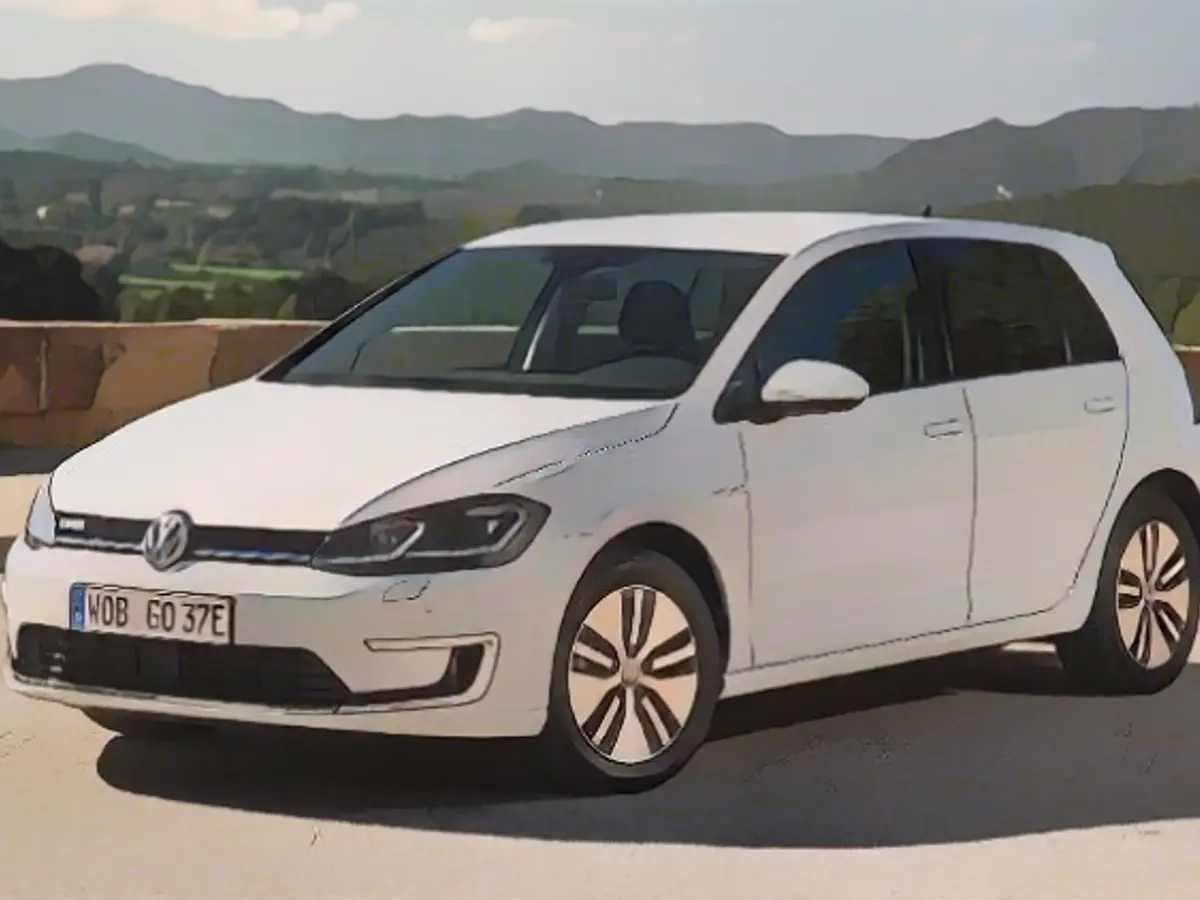
As in the previous TÜV report, 0.05 percent of cars (15,000 units) were classified as not roadworthy. The proportion of vehicles with minor defects rose by 0.5 percentage points to 11.2 percent, while the proportion of vehicles without defects fell from 69.1 to 68.3 percent.
A total of around 10.2 million main inspections were evaluated for the TÜV report.
Lighting is the most common reason for complaints
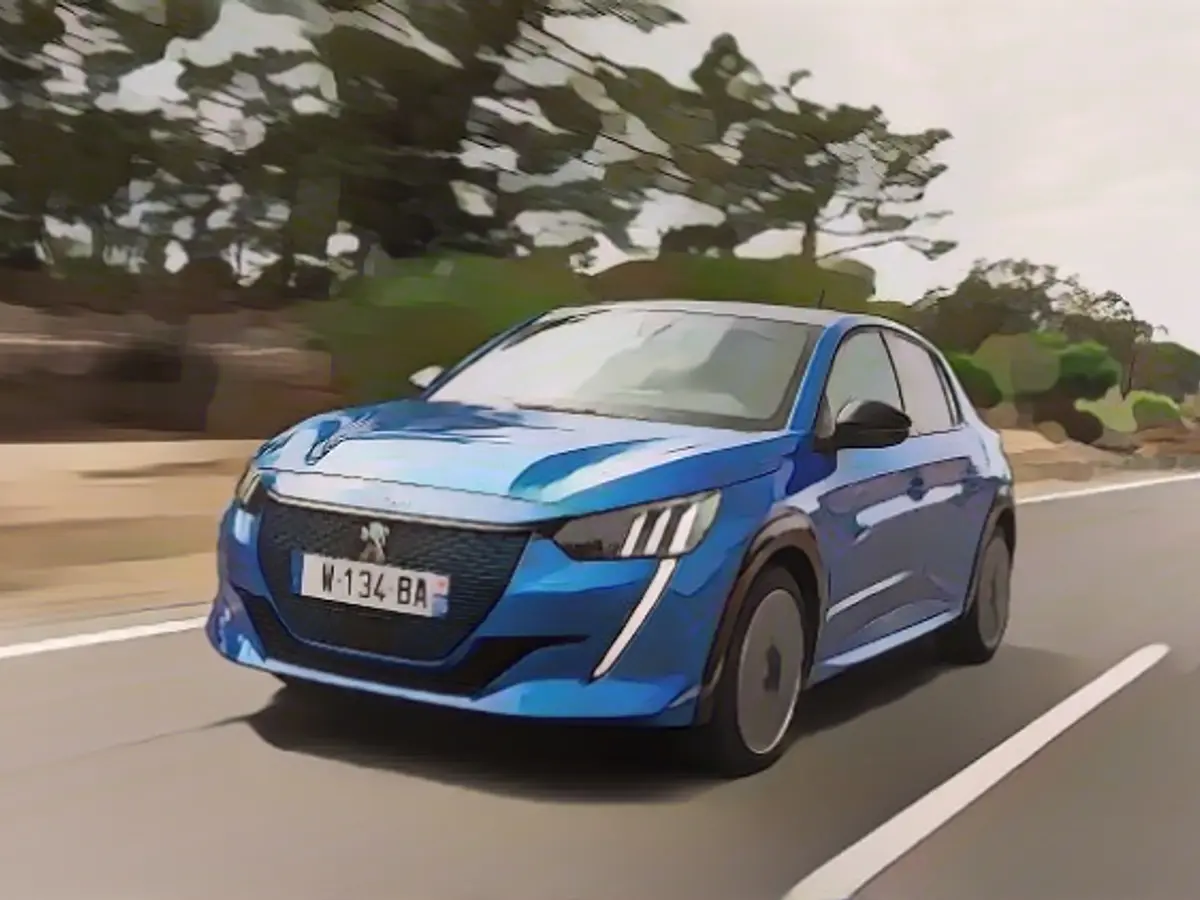
The most frequent complaints across all age groups were once again in relation to lighting. Other classic points of criticism include oil loss from the engine, chassis and brakes.
Braking problems occurred more frequently than average in electric cars. Because the electric cars usually decelerate using the engine brake, corrosion occurs more frequently on the rarely used friction brakes than in conventional cars. TÜV inspectors also often find fault with the axle suspension. The heavy weight of the traction battery puts a strain on the axle suspensions.
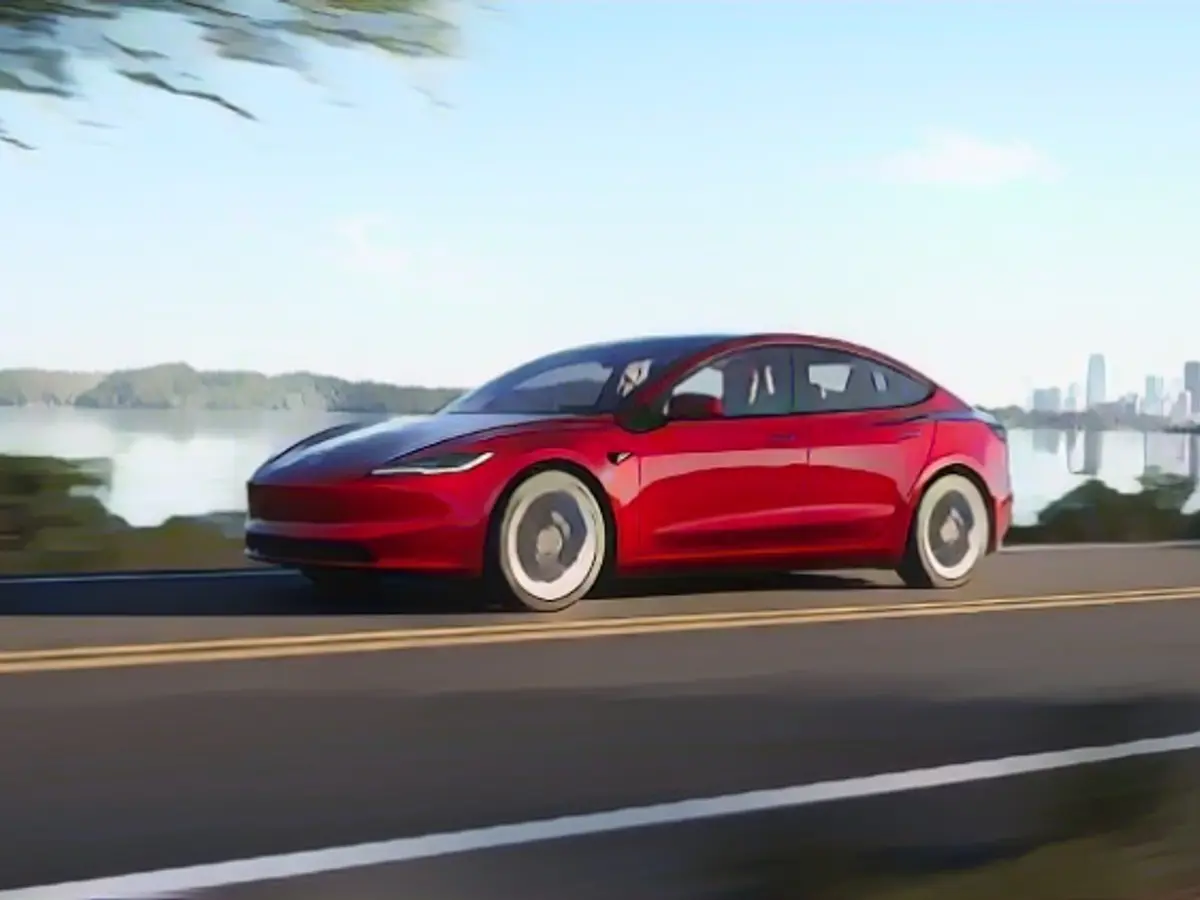
The TÜV report identifies the VW Golf Sportsvan as the dwarf with defects among two- to three-year-old vehicles. Only 2 percent of all vehicles with significant defects were rejected at the first general inspection. This was followed by the Audi Q2 (2.1 percent) and the Audi TT (2.5 percent). Bringing up the rear were the Seat Alhambra (10.3 percent), Dacia Logan (11.4 percent) and Tesla Model 3 with a rate of 14.7 percent.
The Model 3 also took last place in the e-car ranking out of the 111 car types surveyed in this age group. Here, the VW e-Golf (2.6 percent) comes out on top in 4th place out of 111.
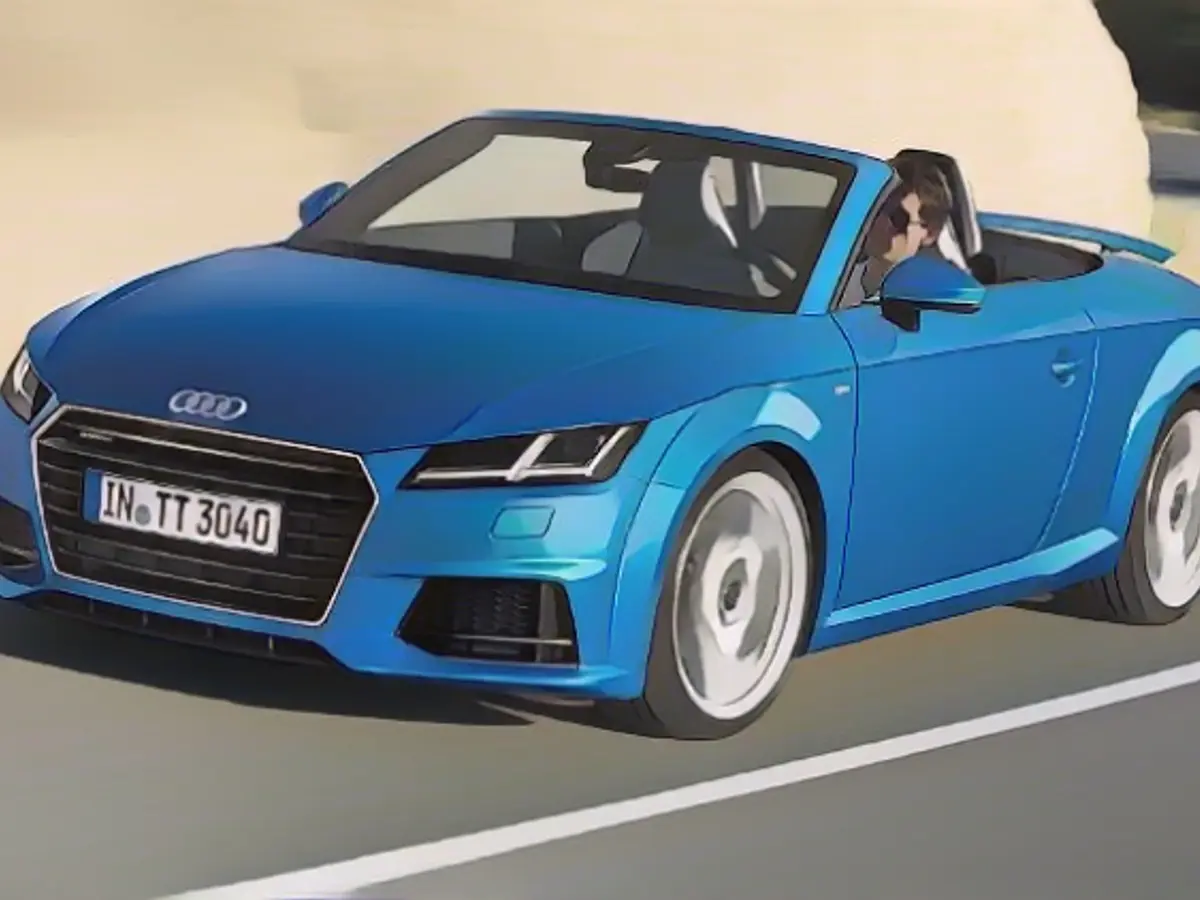
Among the vehicles in the 12 to 13 age group, which were included in the evaluation for the first time, the Audi TT came first with an error rate of 15 percent. The VW Golf Plus (20.7 percent) and Toyota RAV4 (21.3 percent) took second and third place, followed by the Nissan Qashqai (38.8 percent), Renault Twingo (39.9 percent) and Dacia Logan (40.9 percent).
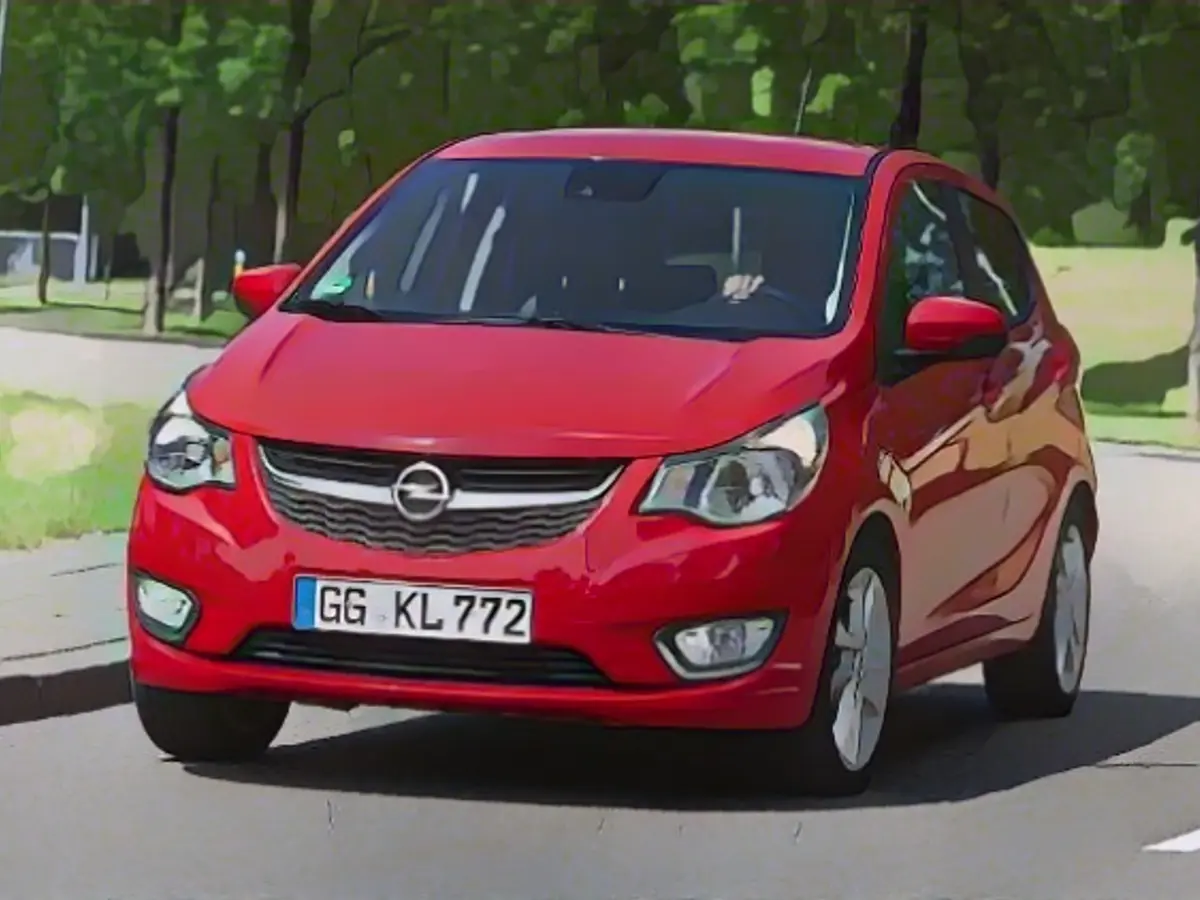
The winners in their vehicle classes are the Opel Karl (compact car), Peugeot 208 (small car), VW e-Golf (compact car), Mercedes C-Class (mid-size car), Audi Q2 (SUV) and VW Golf Sportsvan (van).
TÜV for changes to HU
In view of the electrification and digitalization of the vehicle fleet, the TÜV association is in favour of modifying the HU. The check of the high-voltage battery in electric cars should not be limited to a visual inspection, as has been the case to date, but should also include test points such as protection against electric shocks and overvoltage.
The association is also calling for better access to safety-relevant vehicle data, also in order to check cyber security. Data analyses could also be used to take more effective action against widespread speedometer fraud.
- The automobile industry is embracing Electromobility, with companies like Tesla Motors leading the charge.
- During the main TÜV inspection, issues with lighting and oil loss from the engine are common complaints, even in popular models like Audi models and Peugeot models.
- In the search for the best electric cars, the Volkswagen e-Golf consistently performs well, while some models, such as the Tesla Motors' Model 3, have been facing more frequent defects.
- ADAC, a prominent German automobile association, advocates for changes in the TÜV inspection procedure to better account for Electromobility, including testing high-voltage battery protection against electric shocks and overvoltage.
- As more and more manufacturers release their own Electric cars, Opel models, like the Opel Karl, are also joining the mix, showcasing their capabilities in various classes and categories.
Source: www.ntv.de
